Food for Thought
Posted on May 22, 2012 by Debra Burdick
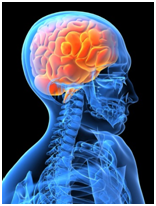 If you are like most people you want to keep your brain as healthy as possible for as long as possible. It is sobering to hear that a British study found that our brain’s ability to reason and remember starts to decline as early as age 45. The good news is that we can take steps to protect our brain from decline and to maintain peak performance. It turns out that the same lifestyle habits that protect our heart also protect our brain from developing dementia.
If you are like most people you want to keep your brain as healthy as possible for as long as possible. It is sobering to hear that a British study found that our brain’s ability to reason and remember starts to decline as early as age 45. The good news is that we can take steps to protect our brain from decline and to maintain peak performance. It turns out that the same lifestyle habits that protect our heart also protect our brain from developing dementia.
Nutrition is one of the essential steps to keep our brain healthy. A nutrient poor diet and obesity contribute to high blood pressure and cholesterol as well as diabetes which may in time damage our heart and our brain. But diets rich in fruits, vegetables, whole grains, lean protein, and low-fat dairy benefit the heart and the brain.
The Dietary Approaches to Stop Hypertension (DASH), recently voted as the best diet to follow in U.S. News & World Report, is one such diet. In several scientific studies, DASH has been proven to naturally lower blood pressure, a major risk factor for heart attack and stroke. And “The DASH diet is rich in vitamins and other compounds, including antioxidants, that nourish and protect brain cells,” says Marla Heller, MS, RD, author of The DASH Diet Action Plan. Evidently, DASH promotes less inflammation in the body by emphasizing foods low in saturated and trans fats. Inflammation has been shown to contribute to heart disease and decreased brain function as well as other chronic diseases.
The DASH diet consists of grains (at least 3 whole grains per day), fruits, vegetables, low fat or non-fat dairy foods, lean meats, fish, poultry, nuts, seeds, and legumes, and a small amount of fats and sweets. The number of servings per day of each of these foods depends on the total number of calories to be consumed.
 A brain healthy diet must support neurological functioning and hormone balance and eliminate toxins. Some studies discuss the role of inflammation as a cause for depression, chronic diseases and neurodegenerative symptoms. Therefore it is important to limit inflammatory substances. Many studies show the health benefits of eating salmon due to the Omega 3’s present in salmon. But other studies show that farm raised salmon has increased inflammatory messengers that wild salmon does not. So look for wild salmon. Eating foods with a high Glycemic Index can also increase inflammation so include foods with a low Glycemic Index and avoid those with a high one. And be sure to include foods containing Omega 3 fatty acids.
A brain healthy diet must support neurological functioning and hormone balance and eliminate toxins. Some studies discuss the role of inflammation as a cause for depression, chronic diseases and neurodegenerative symptoms. Therefore it is important to limit inflammatory substances. Many studies show the health benefits of eating salmon due to the Omega 3’s present in salmon. But other studies show that farm raised salmon has increased inflammatory messengers that wild salmon does not. So look for wild salmon. Eating foods with a high Glycemic Index can also increase inflammation so include foods with a low Glycemic Index and avoid those with a high one. And be sure to include foods containing Omega 3 fatty acids.
The Mediterranean Diet has been shown to decrease the risk of depression, cancer, cardiovascular mortality, Parkinson’s and Alzheimer’s diseases. The key components of the Mediterranean diet are:
- Getting plenty of exercise
- Eating primarily plant-based foods, such as fruits and vegetables, whole grains, legumes and nuts
- Replacing butter with healthy fats such as olive oil and canola oil
- Using herbs and spices instead of salt to flavor foods
- Limiting red meat to no more than a few times a month
- Eating fish and poultry at least twice a week
- Drinking red wine in moderation (optional)
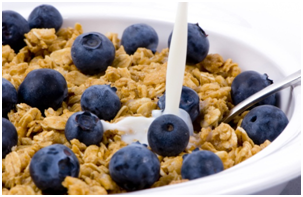 Studies have shown that there are often deficiencies in certain nutrients for children and adults with Attention Deficit/ Hyperactivity Disorder (ADHD). These include Omega 3 fatty acids, magnesium, and zinc. Tests can uncover these deficiencies which can then be alleviated with supplements as well as eating foods rich in these nutrients. See ADHD Treatment Options: How to Choose the Right Treatment for You or Your Child at www.TheBrainLady.com for more information.
Studies have shown that there are often deficiencies in certain nutrients for children and adults with Attention Deficit/ Hyperactivity Disorder (ADHD). These include Omega 3 fatty acids, magnesium, and zinc. Tests can uncover these deficiencies which can then be alleviated with supplements as well as eating foods rich in these nutrients. See ADHD Treatment Options: How to Choose the Right Treatment for You or Your Child at www.TheBrainLady.com for more information.
A study done by Stephen J. Schoenthaler, M.D., showed an average IQ increase of 3.7 points in a group of 150 school aged children in twelve weeks. The study simply used a vitamin-mineral formulation containing levels within the recommended daily allowances of Vitamin A, Vitamins B1, B2, B3, B5, B6, B12, Vitamin C, D, E, K, biotin, folic acid, calcium, chromium, copper, iodine, iron, magnesium, manganese, molybdenum, selenium, and zinc.
Research has identified a number of foods that aid in maintaining a healthy brain over the life span. Sometimes called ‘smart foods’ they include: blueberries (I often call them brain berries), wild salmon, nuts and seeds, avocados, whole grains, beans, pomegranate juice, freshly brewed tea, and dark chocolate.
According to the Alzheimer’s association there is evidence that vitamins, such as vitamin E, or vitamins E and C together, vitamin B12 and folate may be important in lowering your risk of developing Alzheimer’s Disease. An overall brain-healthy diet will help increase your intake of these vitamins and the trace elements necessary for the body to use them effectively.
Eating a brain healthy diet takes a little forethought and planning. Make a list of the brain healthy foods that you enjoy and design your diet around these foods. Decrease consumption of unhealthy foods, and make a commitment to yourself and your children to choose the best foods possible to promote brain health.
I would love to hear your personal experiences with this topic.
Categories: ADHD, Articles, Depression, Peak Performance



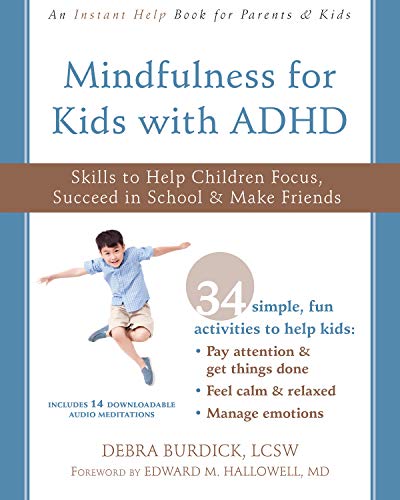

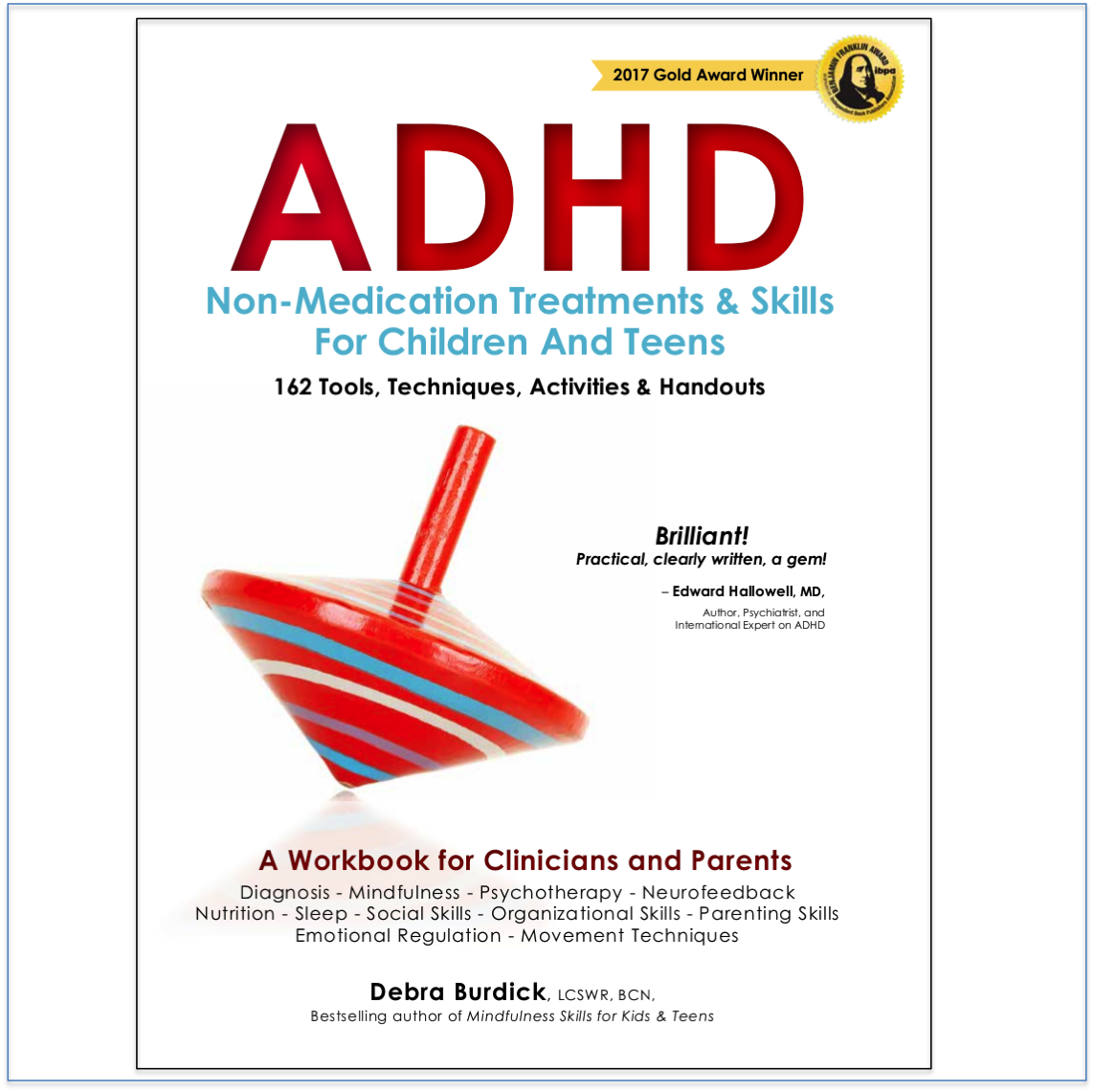



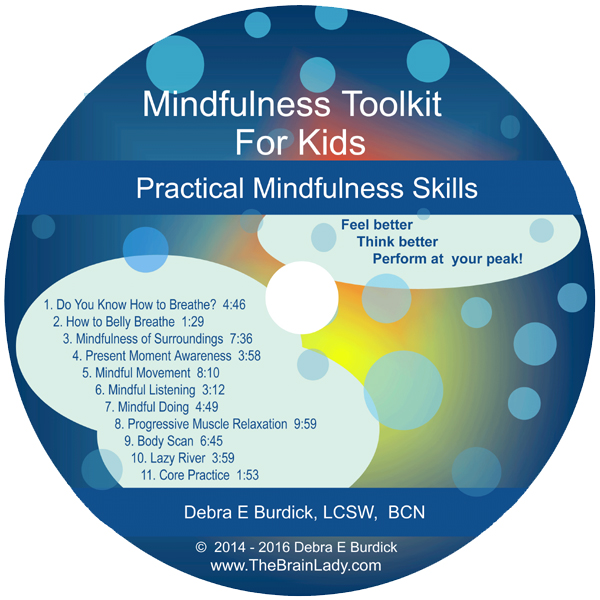

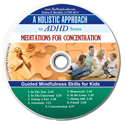


No comments yet. You should be kind and add one!
The comments are closed.